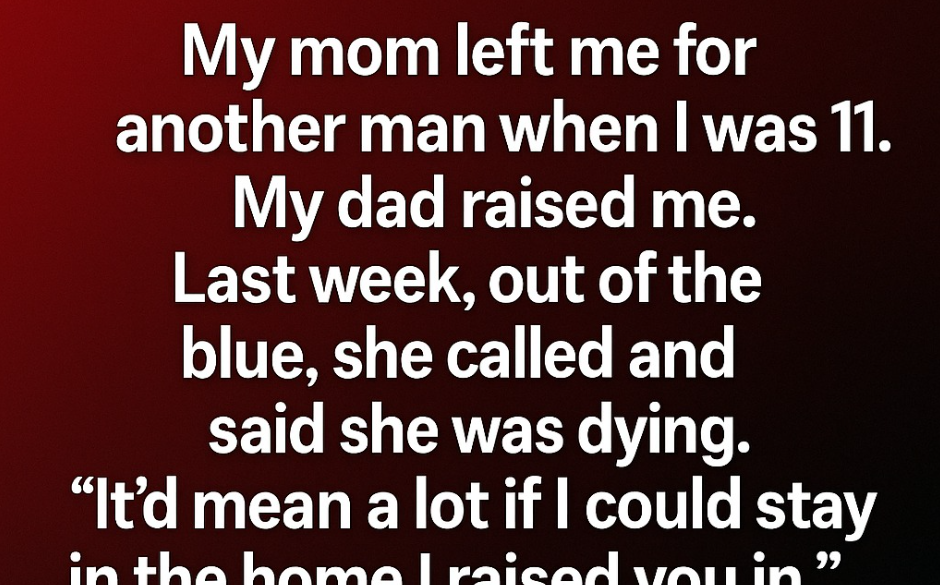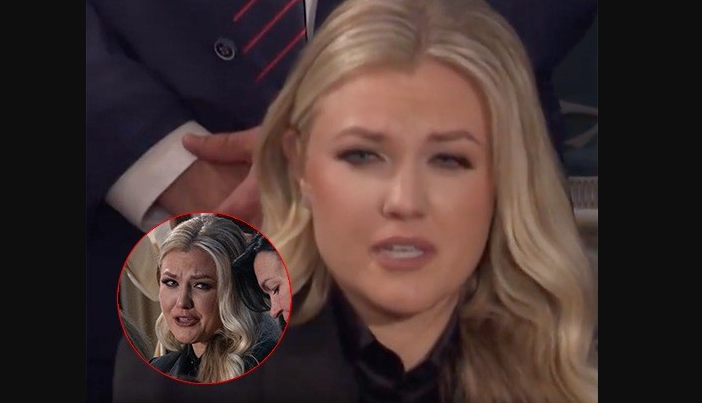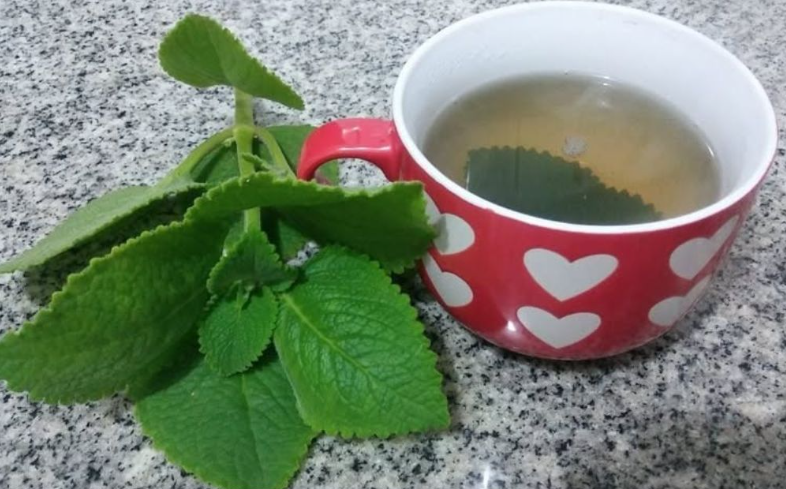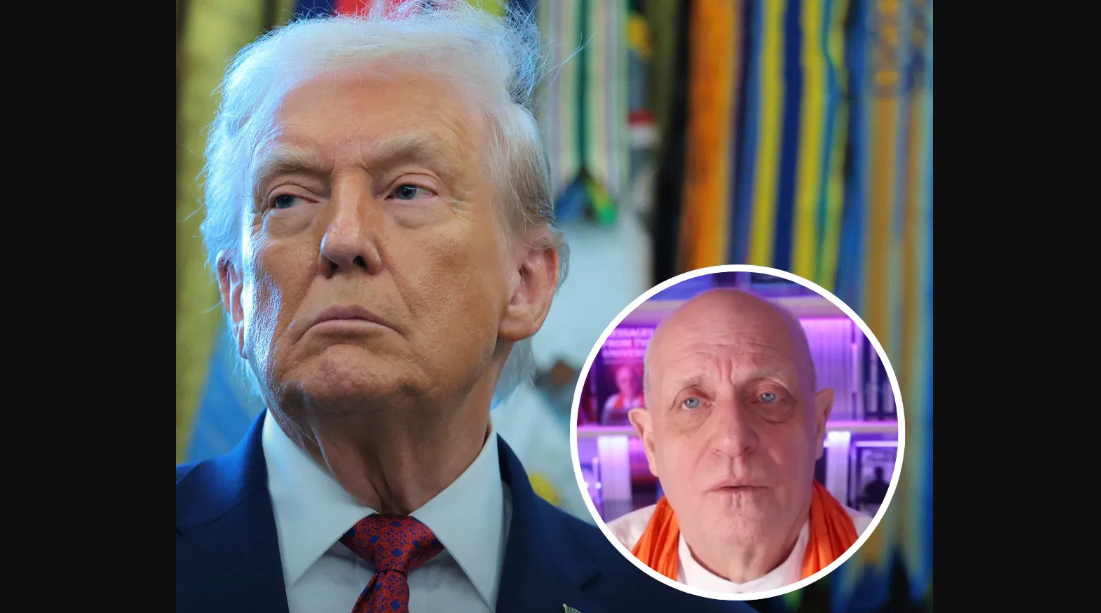When I was 11, my mother, Maria, walked away from our family to start a new life with another man. My father, David, stepped into the role of both parents, guiding me through the years that followed. Last week, Maria called unexpectedly, her voice frail over the phone, revealing she was terminally ill. “It would mean so much to spend my final days in the house where I raised you,” she said. I declined her request.
The next day, police officers arrived at my doorstep with somber news: Maria had passed away the previous night. For a moment, words escaped me. My heart wrestled with a tangle of emotions—guilt, anger, sorrow, or perhaps a hollow emptiness. The officer, with a kind tone, shared that Maria had named me her emergency contact. He placed a small box in my hands, saying, “She wanted you to have this.”
Once the officer left, I stood in the quiet, uncertain about opening the box. Eventually, I lifted the lid and discovered a faded photograph of myself at eight or nine, my gap-toothed smile beaming as Maria hugged me from behind. Beneath the photo lay a letter, penned in her unsteady script. In it, she confessed the pain her decisions had caused, acknowledging wounds she could never mend.
She explained that her departure wasn’t due to a lack of love for me but stemmed from her own brokenness, choosing flight over duty. She admitted to following my life from a distance through shared friends, too afraid to confront the harm she’d inflicted.
Maria sought forgiveness—not to erase her guilt, but to free me from carrying her mistakes into my future. Tears fell as I mourned the mother I lost years ago, the child who longed for her return, and the adult still searching for closure. I couldn’t fully forgive her, but I released enough of the pain to find relief. I stood firm in my decision to deny her request to stay in “the home she raised me in”—because, in truth, she hadn’t been the one to raise me there.
Instead, I chose to embrace the values her absence instilled in me: loyalty, emotional strength, and the resolve to stay present even when life feels overwhelming. Today, I continue to heal and grow, no longer anchored to the day Maria left. My identity now rests in my decision to reject bitterness and embrace peace. While I didn’t get a chance to rewrite my story with my mother, I found a sense of calm—and perhaps that’s enough.







